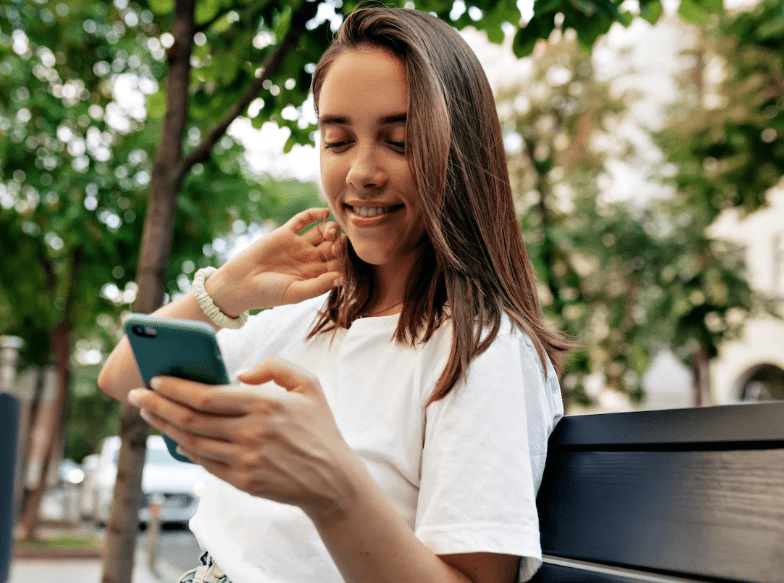
Reducing the Severity of Suicidal Thoughts in Young People
A new smartphone app has been found to reduce the severity of suicidal thoughts in young people, following a research study funded by Australian Rotary Health (ARH).
The LifeBuoy app is the first smartphone app that uses dialectical behavioural therapy (DBT) to help young adults self-manage suicidal ideation when out in the community.
In 2020, Dr Michelle Tye and her team at the Black Dog Institute were awarded a research grant to trial the effectiveness of the app when compared to a placebo smartphone app.
455 young Australian adults with recent thoughts of suicide were recruited to the study and randomly assigned to either the LifeBuoy app group or a group with an app that delivered general non-therapeutic health and lifestyle information.
The study found that the LifeBuoy app was superior in reducing the severity of suicidal thoughts in young people.
“While the severity of suicidal thoughts dropped in both groups over time, the changes were greater in the LifeBuoy group – showing that the app worked,” Dr Tye said.
“Both groups used their apps a similar number of times, with over 70% completing their app. This means that the changes in suicidal thoughts are likely to be driven by the therapeutic content of the LifeBuoy app, rather than an ‘expectation of success’ effect.”
The researchers also measured reductions in other mental health symptoms such as depression and anxiety. However, the symptom changes in the LifeBuoy group were not considered to be meaningful.
“While the LifeBuoy app reduced the severity of suicidal ideation it did not impact other, often comorbid, mental health symptoms such as depression or anxiety. These findings suggest that rather than digital therapeutics being multi-purpose solutions, they need to be very targeted in their design and content if they are to effectively improve health-related issues,” Dr Tye said.
Dr Tye also noted that there were high rates of treatment completion among young people who used the LifeBuoy app compared to adherence rates in previous studies.
“LifeBuoy appeared to be acceptable, based on high levels of engagement, suggesting apps could help to increase access to evidence-based support for youth populations who might not otherwise be able or willing to access face to face treatment,” she said.
“The findings suggests that the acceptability and relevancy of digital therapeutics may be enhanced by the involvement of lived experience in the design of such interventions, leading to better engagement.”
Globally, around one-third of all suicides occur among those aged 15 to 29 years. If you are in a crisis, call Emergency Services on 000 or Lifeline Australia on 13 11 14.
Read more about Dr Tye’s published study here.
Media contact: Jessica Cooper – [email protected]
First published 6th June, 2022
